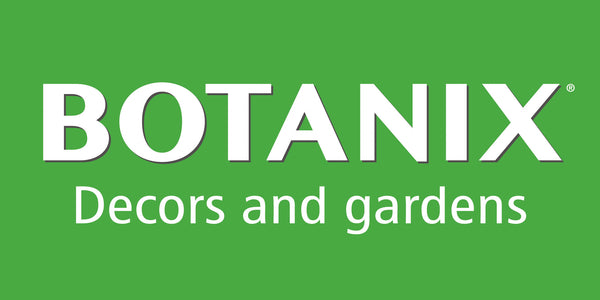
Good seeds, well-prepared and nutrient-rich soil, light, humidity: the winning combination for a healthy growing environment and strong vigorous seedlings.
Sow the seed of success
Organic, heirloom, treated...it's easy to get mixed up. Before ordering your seeds, establish where and how you want to grow your plants. Then, select seed varieties that will do well in your rusticity zone and the space you can devote to them. Remember - not all seeds will thrive in containers.
Ideally, opt for untreated, organic seeds:
- without phytosanitary treatment
- untouched by chemical or synthetic products
- for delicious results!
- because older varieties have been developed for their disease resistance
Or "heritage" or "traditional" varieties:
- more than 50 years old
- among the tastiest varieties
- the most disease-resistant.
If you're thinking of using left over seeds from last year, be sure the seeds were stored in a cool dry place, essential for proper germination. Always check the expiry date on the seed packet: it's a good indicator for the overall condition of the product.

Seed starting soil mix
Give your seeds the best start in life possible! With a sphagnum peat moss base, soil specially developed to promote seed germination will ensure plants are healthier and will transplant more successfully.
See trays and pots
Seed starter trays ensure your seedlings will develop good root systems. Trays with seed holes ensure that roots don't become tangled, which makes transplanting much easier; if disease does occur, you'll be able to contain it and minimize the damage. The dome-lid helps conserve humidity which in turn promotes germination.
Peat pellets and pots are ideal for plants that do not support transplanting. Just a little larger, they provide plants with enough room for roots to develop. Biodegradable, they can be transplanted directly out into the garden, preventing root shock.
Temperature and humidity: monitor carefully
During the germination period, the ideal temperature is somewhere between 21ºC and 24ºC for most vegetables. By covering the seed tray with a plastic dome, you can be sure that temperature and humidity remain elevated.
Seedling heat mats can ensure a constant temperature especially when seedlings are exposed to ambient air. A warm root zone encourages strong root growth.
As soon as shoots appear, take the dome off. With the lid removed, your plants will need lots of light.
Light, the absolute essential

Without enough light, you will produce leggy seedlings, which appear tall and floppy. Because your plants need 12 to 14 hours of abundant light per day, opt for artificial light. You can start your seeds during the winter. It promotes growth and encourages blooms, and you'll be able to grow a much wider selection of plants. They are easy to install, space-saving and inexpensive.
Light is essential for seedlings to develop into healthy, vigorous, compact plants.
- Choose a model with height adjustments
- Place 10 to 15 cm above your seedlings
Seed storage
Left over seeds should be stored in a cool, dry location to ensure proper germination next spring.
- Put your surplus seeds back in the appropriate packet, fold over the top and seal with adhesive tape.
- Put the seed packet in a jar. To help keep seeds dry, add to the jar a small packet of powdered milk or silica gel to absorb moisture and condensation.
- Put the jar in the fridge. Most seeds will last about three years.





